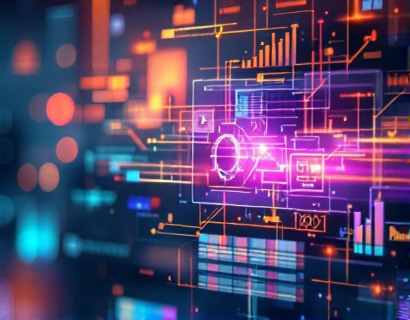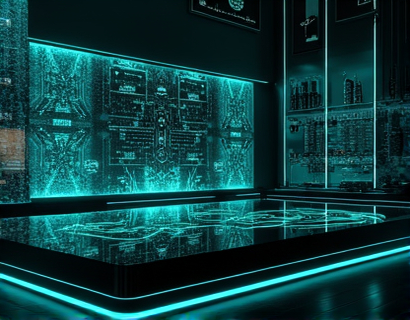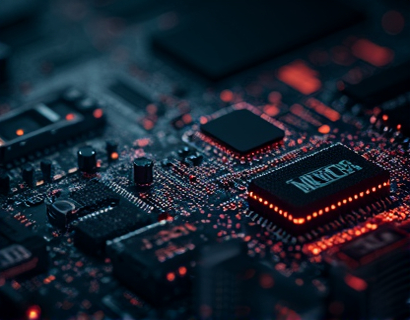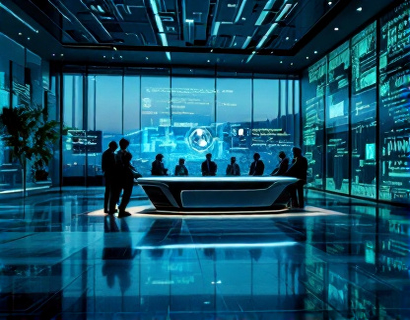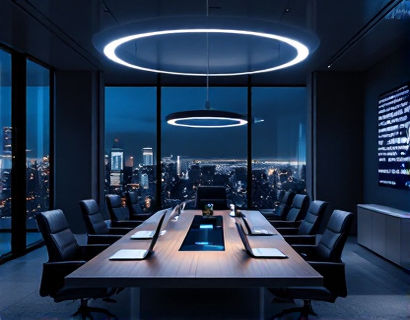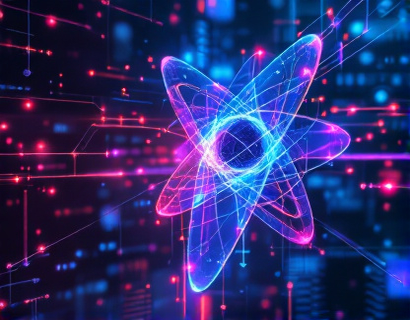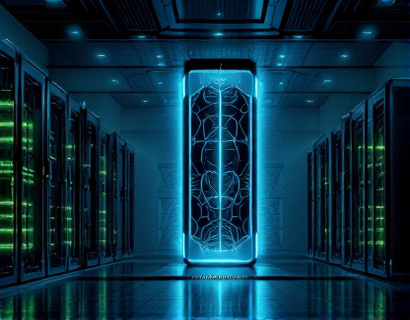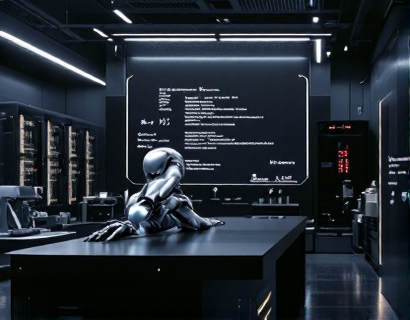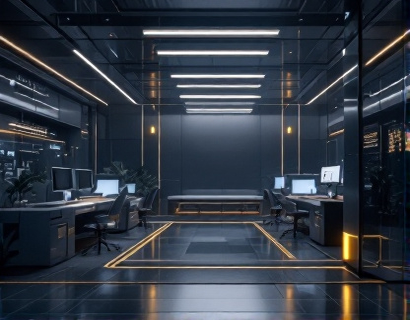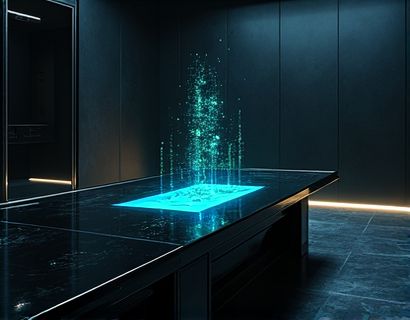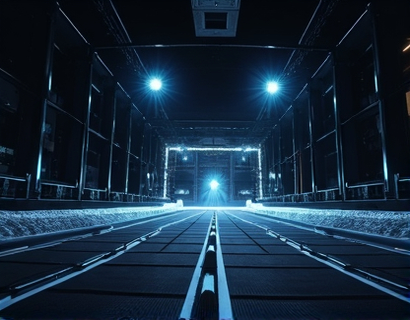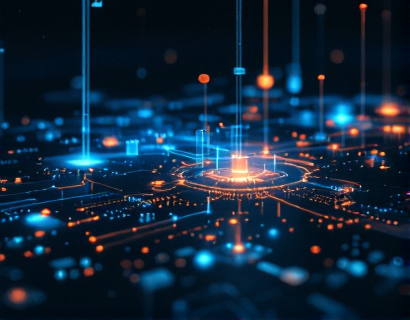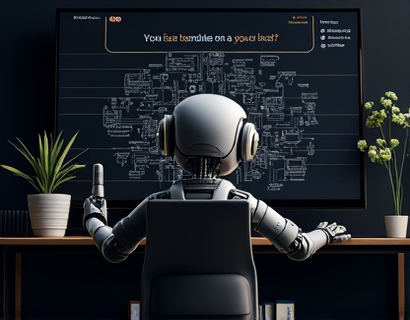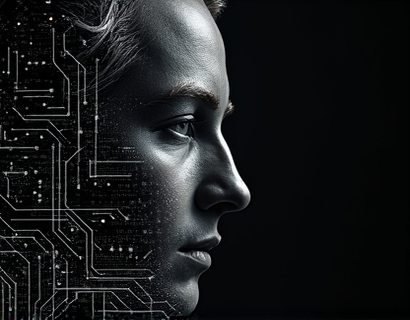Unlocking Seamless Event Production: Expert Lighting and Sound Hardware Management Solutions
In the dynamic world of event production, the integration of lighting and sound systems plays a pivotal role in creating an immersive and memorable experience for attendees. The complexity of managing these audio-visual elements can often lead to challenges, from synchronization issues to last-minute technical glitches. To address these challenges, advanced hardware management software has emerged as a game-changer, offering event planners and production managers the tools they need to streamline and enhance control over lighting and sound systems. This article delves into the importance of expert hardware management solutions and how they can maximize the audio-visual impact of any event, ensuring seamless integration and optimal performance.
Understanding the Complexity of Event Audio-Visual Systems
The modern event often requires a sophisticated setup of lighting and sound equipment. From stage lights and spotlights to background music and sound effects, each component must work in harmony to create a cohesive and engaging atmosphere. However, the complexity of these systems can be daunting. Multiple devices from different manufacturers need to be synchronized, and the risk of technical issues is ever-present. This is where expert hardware management software comes into play, providing a centralized platform to manage and control all audio-visual elements with ease.
The Role of Hardware Management Software in Event Production
Hardware management software serves as the backbone of any successful event production. These solutions offer a range of features designed to simplify the management of lighting and sound hardware. At their core, these tools provide a user-friendly interface that allows users to monitor and control all connected devices in real-time. This centralized control ensures that every aspect of the audio-visual setup is under precise management, reducing the likelihood of errors and enhancing the overall production quality.
Key Features of Advanced Hardware Management Software
1. Centralized Control: A key feature of these software solutions is the ability to manage all audio-visual devices from a single dashboard. This consolidation of control reduces the need for multiple interfaces and simplifies the workflow for production teams.
2. Real-Time Monitoring: Continuous monitoring of device status and performance is crucial. Advanced software provides real-time data on power levels, signal strengths, and other critical parameters, allowing for immediate adjustments if necessary.
3. Automated Scripting: Automating routine tasks such as pre-show checks and post-show shutdowns saves time and reduces human error. Scripts can be customized to fit the specific needs of each event, ensuring consistency and reliability.
4. Integration Capabilities: Modern software solutions are designed to integrate seamlessly with a wide range of hardware devices, regardless of the brand or model. This flexibility is essential in a diverse event environment where multiple suppliers are often involved.
5. Remote Access: The ability to manage audio-visual systems remotely is a significant advantage. Production teams can make adjustments on-the-fly from anywhere, ensuring that any issues are addressed promptly without the need for physical presence.
Enhancing Reliability and Ease of Use
The primary goal of hardware management software is to enhance the reliability and ease of use of audio-visual systems. By providing a robust and intuitive platform, these tools empower event professionals to focus on the creative aspects of their work, rather than getting bogged down by technical challenges. The result is a more polished and professional presentation that captivates the audience.
One of the most significant benefits of using advanced hardware management software is the reduction in setup and teardown times. With automated processes and streamlined workflows, teams can prepare for events more efficiently, leaving more time for creative planning and execution. This efficiency translates to cost savings and higher client satisfaction.
Case Study: Streamlining a Large-Scale Festival
To illustrate the impact of hardware management software, consider a large-scale music festival with multiple stages and complex lighting designs. Prior to implementing a centralized management system, the production team faced numerous challenges, including device incompatibilities and frequent technical issues. After adopting a comprehensive hardware management solution, the team reported a significant reduction in setup time and a dramatic decrease in technical problems during the event. The centralized dashboard allowed for real-time monitoring and quick troubleshooting, ensuring that the festival ran smoothly from start to finish.
Maximizing Audio-Visual Impact
Beyond reliability and ease of use, advanced hardware management software also plays a crucial role in maximizing the audio-visual impact of an event. By providing precise control over lighting and sound, these tools enable creators to craft immersive experiences that resonate with the audience. The ability to fine-tune every aspect of the presentation, from color gradients in lighting to sound levels and effects, ensures that the event leaves a lasting impression.
Moreover, the data and insights provided by these software solutions can be leveraged for future events. By analyzing performance metrics and audience reactions, production teams can refine their approaches and continuously improve the quality of their events. This data-driven approach to event production is becoming increasingly important in a competitive market where standout experiences are highly valued.
Innovative Technologies in Hardware Management
The field of hardware management is rapidly evolving, with new technologies emerging to further enhance the capabilities of these software solutions. One such innovation is the integration of artificial intelligence (AI) and machine learning (ML) algorithms. These advanced technologies can predict potential issues before they occur, proactively adjusting settings to maintain optimal performance. AI-driven analytics can also provide insights into audience behavior and preferences, helping producers tailor their audio-visual experiences to better engage their audience.
Another exciting development is the use of wireless and battery-powered devices, which offer greater flexibility and ease of setup. Hardware management software can seamlessly integrate these devices, ensuring that wireless signals are strong and stable, and that battery levels are monitored to prevent unexpected shutdowns.
Choosing the Right Hardware Management Solution
With the market offering a variety of hardware management software options, selecting the right solution for your event production needs is crucial. When evaluating different solutions, consider the following factors:
- Compatibility with existing hardware and future-proofing for new devices
- User interface and ease of use for both technical and non-technical team members
- Scalability to accommodate events of varying sizes and complexities
- Customer support and training resources
- Cost-effectiveness and return on investment
It's also important to look for solutions that offer a trial period or demo to test the software in a real-world setting. This hands-on experience can provide valuable insights into the tool's capabilities and how well it aligns with your specific needs.
Conclusion
In the realm of event production, the ability to manage lighting and sound hardware effectively is paramount. Advanced hardware management software offers a powerful solution to the challenges of integrating and controlling complex audio-visual systems. By providing centralized control, real-time monitoring, and automated processes, these tools enhance reliability, ease of use, and the overall audio-visual impact of events. As technology continues to advance, the role of hardware management software will only become more critical, enabling producers to create unforgettable experiences that leave a lasting impression on audiences worldwide.



